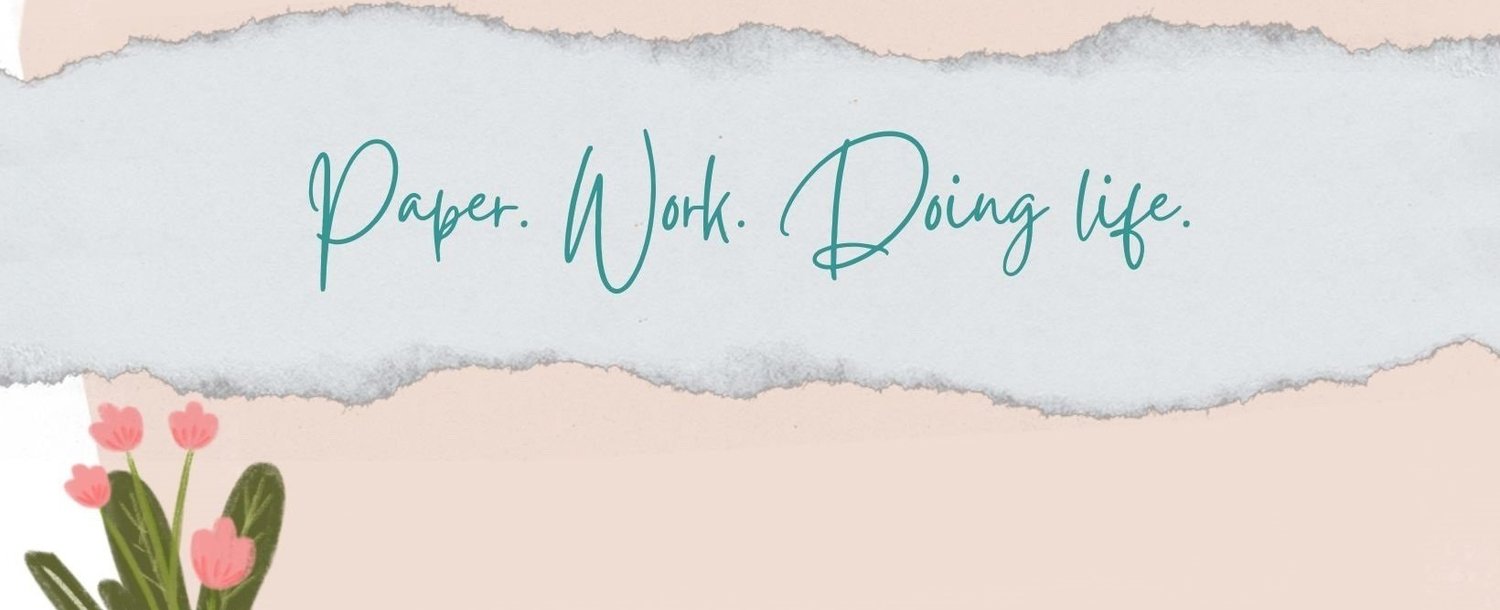Con Academy - Joe Schreiber
Schreiber, Joe. Con Academy. Boston: Houghton, Mifflin, Harcourt, 2015.
I don’t necessarily want to like Will Shea. He is after all a con man - of the traditional kind, from a great big family of cons. He has lied his way into the Connaughton Academy - a very elite private boarding school as a scholarship student. His con doesn’t hold up for long, though. Enter Andrea, a con artist herself, who recognizes the tell tale signs and, quite frankly, doesn’t welcome the competition. Who goes a who stays? They craft a bet to see who can con the most money out of the very self serving, very wealthy Brandt Rush. And so the games begin. Along the way, Will has to deal with his rather unsavory father, figure out how to relate to the mysterious and attractive Gatsby, and of course, work his way into the Sigils...the necessary secret society. What he finds out about himself, win or lose, makes his ride worth it.
I sure do love me a boarding school book. This title has a nice spin or two. I appreciate a male protagonist, my boarding school canon is mostly populated by females. I will enjoy having a boarding school boy to offer in my book talk. The con artist twist will be engaging for the students. I’m not sure they have a true appreciation for the art of the con. Maybe some have seen the Oceans movies. A certain level of suspense exists, and students may be rooting for Will or for Andrea. Engagement will certainly be encouraged because of these. Finally, I love a book that sends the message to our kids that it is never too late to reinvent themselves. Crazy as it seems to we, the older and wiser, kids often feel trapped in the lives they’ve created or those that were created for them, at such young ages. The ending here gently suggests that a way out certainly can still exist. I love that suggestion, unexpected and lovely, subtle yet impactful.

